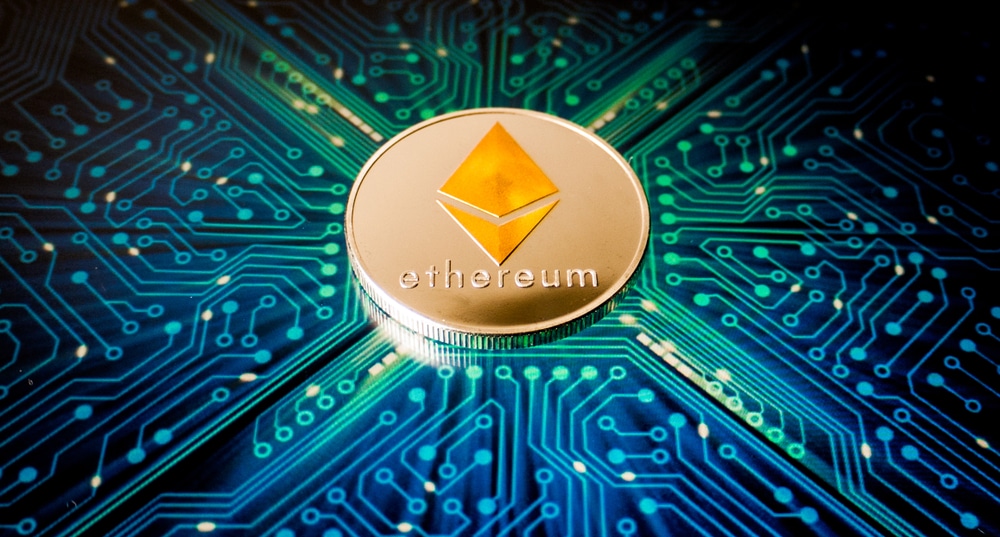
Ethereum Welcomes Dencun Upgrade on Mainnet
Dencun is the most significant upgrade since the Merge and has launched on the Ethereum platform.
On March 13, at precisely 1:55 pm UTC, Dencun’s upgrade was launched successfully on the Ethereum mainnet. Since the Merge, Dencun has been the most awaited hard fork and is anticipated to considerably minimize layer-2 networks’ transaction costs and boost the overall scalability of Ethereum.
Dencun Unable to Overcome Inadequacies in Layer-2 Solutions
Arthur Breitman, Tezos’s chairman, told a media resource that despite the upgrade being a step in the right direction, Dencun will not improve all layer-2 solution’s inadequacies. Specifically, he noted that the Dencun upgrade does little to expand the data to utilize on rollups, which is required to reduce transaction costs in the layer-2 solutions.
Despite being a step in the proper direction, rollups established on top of Ethereum are still throughput-inhibited. Besides, they are compelled to embrace risky centralization approaches.
Dencun’s unveiling is almost one year following the Shanghai upgrade in April last year, which, for the first time, allowed unstaking their Ether following the network’s shift to a proof-of-stake network after the Merge. Nine various Ethereum Improvement Proposals (EIPs) are part of the Dencun.
Further, the name of the upgrade merges the Cancun upgrade of Ethereum’s implementation layer with the Deneb improvement on its consensus layer. Cancum seeks to enhance the management and processing of transactions on the execution layer. In contrast, Deneb aims to improve the consensus layer, which entails how network participants agree on the blockchain’s state.
Data Blobs to Minimize layer-2 Transaction Costs
James Wo, Digital Finance Group’s founder and chief executive officer, noted that unveiling data blobs through EIP-4844, also referred to as proto-dank sharding, is one of the upgrade’s most prominent features.
Wo told a media outlet that the proposal seeks to minimize layer-2 transaction costs by improving the accessibility of information, a critical strategy towards developing Ethereum as a scalable settlement layer. Nevertheless, on March 6, Max Wadington, a Fidelity Investments research analyst, noted in a report that Ethereum mainnet users will not be affected by the assured fee reductions.
Max revealed that in the short term, users intending to benefit from the fee alteration should transact on L2s rather than Ethereum to sacrifice some security and decentralization. This is going to encourage more users to bridge assets somewhere else.
Nevertheless, he said they are confident that in the medium term, transacting on Ethereum for application-explicit purposes will still be considered the most suitable alternative. This will happen as layer-2 platforms continue maturing.
On the Ethereum mainnet, gas costs remain high, more than 72 gwei. Etherscan data shows that users would incur $86.15 in gas fees for an average swap, while NFT sales average $145.60 in gas.




